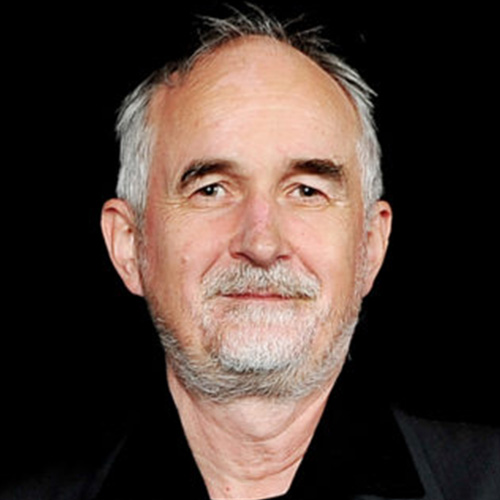
Associate Professor, UBC Department of Psychiatry, Division of Adult Psychiatry and Mental Health Services
Associate Program Director, Research Track, UBC Department of Psychiatry, Postgraduate Residency Program
Medical Lead, Neuropsychiatry Concussion Clinic
Neurology Consultant, Fraser Health Acquired Brain Injury Concussion Clinic
Investigator, BC Children’s Hospital Research Institute
Researcher, BC Mental Health and Substance Use Services Research Institute
Researcher, Vancouver Coastal Health Research Institute
Member, Djavad Mowafaghian Centre for Brain Health
Email: will.panenka@ubc.ca
Short Biography
Dr. Panenka is a dually certified psychiatrist and neurologist and Associate Professor in the Department of Psychiatry at UBC. He is the research lead of the BC Provincial Neuropsychiatry program and a researcher with the BC Mental Health and Substance Use Services Institute and the Djavad Mowafaghian Centre for Brain Health. He is the medical lead at the Neuropsychiatry Concussion Clinic and Neurology consultant to the Fraser health concussion clinic.
Dr. Panenka’s laboratory has been very productive thanks to a number of excellent graduate students and fellows. The laboratory encourages career growth along any trajectory and has been successful in placing learners into academia, medicine, industry and a number of allied health disciplines. We welcome applications year round from dedicated, self-motivated, and personable candidates.
Degrees / Credentials: MD, MSc, FRCPC (Neurology and Psychiatry)
Research Focus
As a clinical researcher my main goals over the next five years are to continue my work with the homelessness in Vancouver’s downtown east side, and set up a mild traumatic brain injury research program at the University of British Columbia.
Vancouver’s downtown east side is home to our most vulnerable population, characterized by a mixture of primary psychiatric illness and refractory addictions. As part of a large team led by Dr. Bill Honer (Head of Psychiatry) we recruit individuals housed in single room occupancy hotels who then undergo detailed medical and psychiatric testing, including brain MRI. This is a longitudinal study that follows approximately 500 individuals for up to 5 years. The data generated is important to policy makers and to science. There are a multitude of opportunities to explore psychiatric and neurological illness from many angels within this study.
My lab is concurrently engaged in the study of traumatic brain injury. We are building a strong team that includes multiple researchers from multiple disciplines here at UBC and abroad. Under the umbrella of the BC Neuropsychiatry program we have recently started the “Neuropsychiatry Concussion Clinic” for those individuals with symptoms that do are not resolving following head trauma. This clinic and others serve as recruitment sites for research studies that focus on the development of bio-markers in concussion, which simply put means finding cognitive, imaging, and blood markers that may predict outcome and response to treatment in those with brain injuries.












